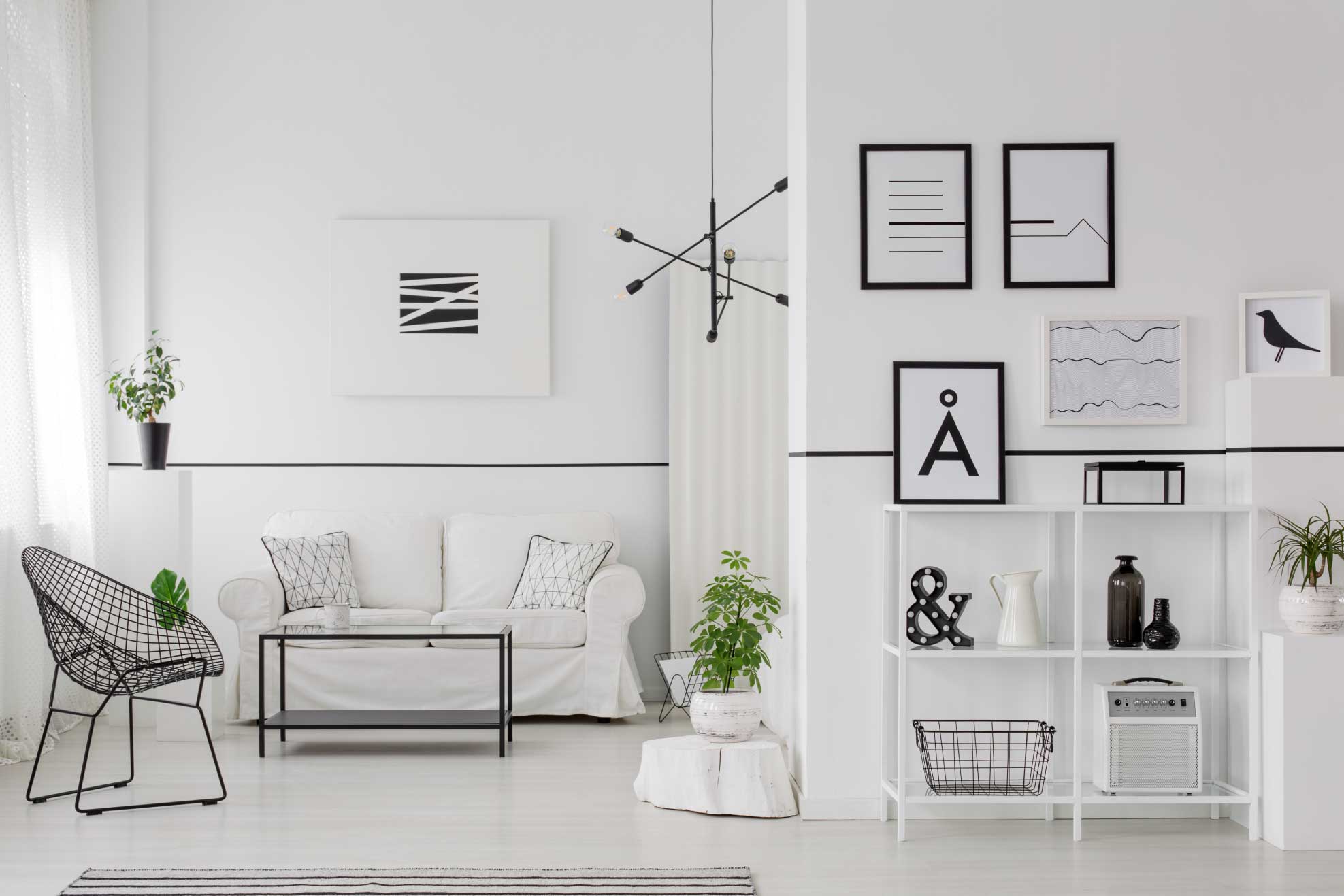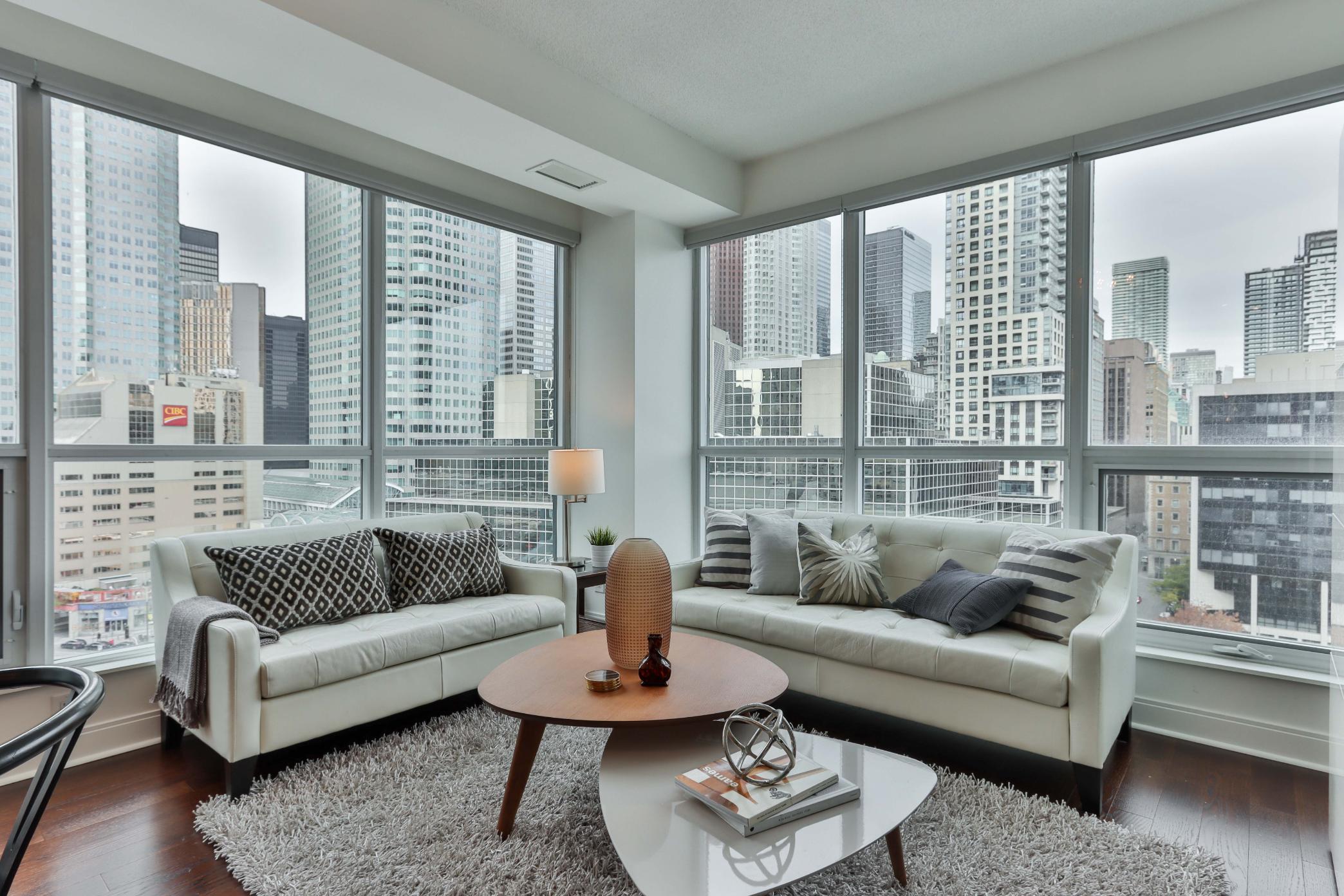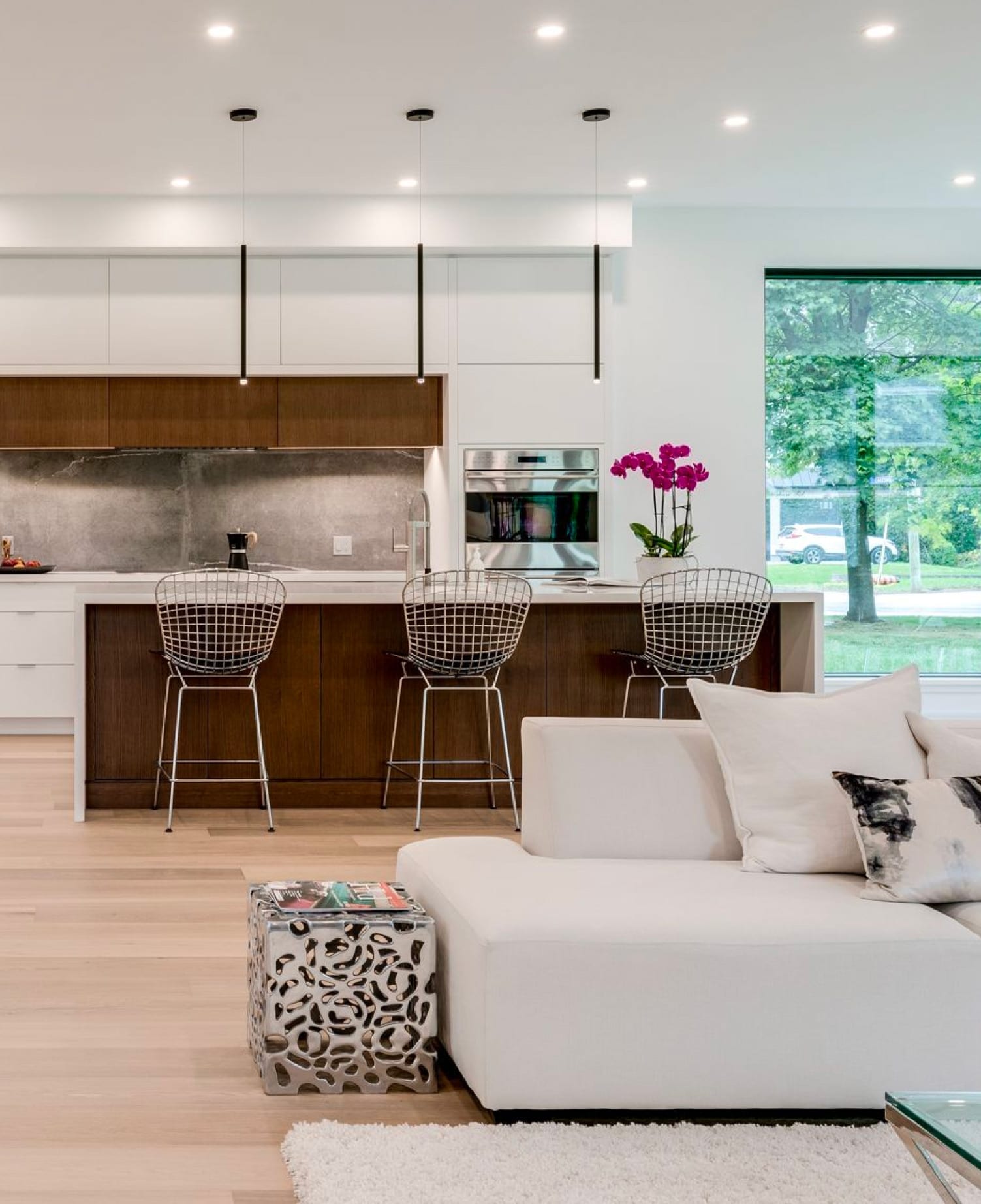If you have any background in real estate, it may be hard to imagine that any Realtor® or financial advisor would recommend renting a home whenever buying was possible. However, this may be a matter of affordability and personal goals in today’s market.
Buying is still preferred in the long run. Renting for the interim may be an option, depending on your personal situation. Rising real estate prices combined with higher borrowing costs have made buying a home more challenging for some people. Could renting be the better solution in your case?
The market is nuanced and every situation is different, which means there are no cookie-cutter answers that work for everyone. Your decision is based on your finances, where you want to live, and your long-term goals for your future.
The Advantages of Renting
The problem with renting is what it always was; every monthly payment is gone forever. That money doesn’t add to your net worth or build your equity.
The benefit of renting is that it is less expensive, or at least it used to be, before housing prices soared over the last few years. Rental prices have also increased as landlords try to cover their mortgages and other carrying costs. Nevertheless, there are several reasons that it may be easier to enter the market as a renter than as a first-time buyer.
- Though renting might not save you money month by month, it costs less upfront since you don’t need a down payment. You can secure a rental with first and last month’s rent.
- Tenant insurance is less expensive than homeowner’s insurance.
- Renting can allow you to live in an area where you might not otherwise be able to afford. For example, consider that the average cost of a house in Toronto is over $1 million. Buying in the city is out of reach for some people. But if you’re young and want to experience life in the heart of the action, renting can make that vision a reality.
- It’s easier to move on once your lease expires. You can decide to stay where you are, rent somewhere else, or if you’re ready to consider buying a home later.
- If you are relocating to a new area, renting allows you to get a feel for the neighbourhood before committing to purchasing a home.
Whatever path you choose, maximizing the sale of your existing home will empower your future. The resources below will help:
- The Ins and Outs of Selling a Luxury Home in Toronto
- 5 Essential Steps When Preparing Your Home For A Spring Sale
- How To Prepare Your Home Like A Luxury Listing
The Downside of Renting
Renting instead of buying can be the more accessible choice for the short term. However, there is a reason many experts urge you to buy whenever possible. Renting has downsides that go beyond not building equity. Here are some of the additional challenges that you may face when you do not own your own house or condo.
- There will always be some uncertainty as to how long you can live in the home. If the Landlord sells and the new Buyer wants to move in, you have to leave after your lease expires. If the Landlord wants to take back the property for personal use or for an immediate family member, they may be inflexible with the existing lease term and may offer an incentive for you to break the lease earlier (ie. paying you a month’s rent as compensation).
- You will have limitations with what you are allowed to do to the property. You may not be able to make any major decorating changes or put things up on the walls. If you do, you may be required to revert to how it was at the time of occupancy.
- Due to rising housing prices, rentals are in high demand. You may encounter competition on your quest to find the right unit for your needs.
- The wear and tear on a rental property can be more significant than that of an owner occupied home that you bought. Unless you are renting a brand new property, consider that it may not be in the best shape.
Pros & Cons of Buying
When you buy, you begin building equity. The money for your down payment may feel like it’s gone. But it’s important to remember that even though those funds are no longer in your bank account, they are still adding to your net worth. This offers two advantages: you are less likely to spend that money on other things, and your financial worth will grow as real estate prices climb.
Your mortgage payments are also not “gone forever” as they are with rent. A portion of each payment increases your equity share.
One day, your home will be paid in full. It may seem far off in the future, but 25 years will pass, whether you own a home or not. When you become mortgage-free, the cost of living then drops dramatically, which opens options you might never have had otherwise.
You could use the equity to fund a new investment property to grow your net worth even more. Otherwise, you can continue living in the home, secure in the knowledge that you own a valuable asset, free and clear.
These are the tangible benefits of owning a home. For many people, the real value is the pride of ownership, which is priceless. The moment you reach that milestone of buying your first home is a cause for a massive celebration. As the years go by, you have the peace of mind of knowing you always have a safe haven and a place to create lifelong memories.
Costs of Buying a House Versus Renting
Buying a home offers many benefits, but you also want to ensure you will be able to carry the costs comfortably. Whenever you’re looking at a house that costs $1 million or more, you automatically need 20% for your down payment.
If the home on your wish list is less than $1 million, it is possible to buy with less than 20% down with a ‘high ratio’ mortgage. Though this option does come with an additional insurance premium, it is broken down into the monthly payments. In the big picture, paying less upfront can make buying your first home much more accessible. You can learn more about how much you will need for your down payment here.
There’s more to property ownership than the down payment and the purchase price. Let’s take a look at what you might expect your monthly expenses to be when buying instead of renting. We’ll use an example of the actual average sold price of $846,583 for a 2 bedroom condo sold in November 2023 in downtown Toronto’s C1 Waterfront Communities.
Imagine you bought this property with a 20% down payment. By using our real estate calculator at the current interest rate, your monthly mortgage works out to approximately $4071. On top of this, you will also need to cover maintenance fees, property taxes, utilities, and other living expenses.
As per the Toronto Regional Real Estate Board stats for the month of November 2023, the average cost to rent a two-bedroom condo apartment with parking in downtown Toronto’s C1 Waterfront Communities was $3776 per month, plus utilities.
Now, let’s imagine that you purchased a home priced at $1 million. You need $200,000 upfront as a down payment. In addition, your monthly mortgage would be approximately $4740, plus property taxes, utilities and home insurance in addition to other home maintenance related costs.
To rent a 3 bedroom, 3 bath freehold home, the average price in November 2023 was $5233 for all of Toronto, including Scarborough, North York, Central Toronto and Etobicoke. On a month-to-month basis, it can actually cost more to rent. When you also factor in what you’re losing in terms of equity gains, it may not be the best solution in the long run.
If you decide to stay in the market by buying, the resources below will give you food for thought:
- Everything You Need to Know About Unconditional Offers
- What To Look Out For When Buying Pre-Construction
- Should You Sell or Rent Your First Condo When You Move?
Is Buying Feasible?
With the high prices of housing and stringent stress tests, buying is not possible for everyone. However, if you are sensible with spending and able to save, have strong support from family members or enjoy a relatively high income, you may be in a better position to handle the down payment and monthly costs.
In addition, the federal and provincial governments both offer several programs to help you get into the market sooner, including:
- First Time Home Buyer Incentive: A program where the federal government will front you 5% of the down payment for a resale home or 10% for a new build. This incentive is to be repaid within 25 years or upon selling the property.
- Home Buyer’s Plan: You can pull as much as $35,000 from an RRSP to put toward your purchase, with no tax penalty as long as you repay those funds within 15 years.
- First Home Savings Account: Start saving as much as $8,000 each year for your purchase, with no tax penalty, to a maximum of $40,000. The earlier you start, the more this investment fund will grow.
- Ontario Land Transfer Credit: Save a maximum of $4,000 off of the land transfer tax, which reduces one of your most significant closing costs.
- Municipal Land Transfer Credit: Toronto has its own municipal land transfer tax, which first time buyers can also save $4,000.
- First Time Home Buyer’s Tax Credit: First time buyers qualify for a $10,000 credit, which can reduce their taxes owed by $1,500.
The Downsizing Advantage
If your mortgage is fully paid and you’re thinking about downsizing, you are in an enviable position. Depending on the stage in life, or lifestyle in general, people might automatically think of selling their family home to downsize to a condo or townhouse, but this is only one option out of many.
In your case, you may decide to rent instead of buy as a lifestyle choice. The thought of freedom from home maintenance and upkeep means that downsizing is no longer just the realm of the elderly. Instead, we are seeing people downsizing at younger ages than ever. The decision is not always about size; some people are realizing they prefer a lifestyle where they are free to come and go as they please.
The one downside of renting after downsizing is that you will no longer be building your equity or have pride of ownership. If either matters deeply to you, you can still buy a condo or townhouse, or an investment property and rent that property while you rent your primary place of residence. Owning a home keeps you in the market and ensures that you are in control of what happens to the property.
A Deeply Personal Decision
The only person who knows your dreams and wishes is you, so the decision to buy or rent will always be deeply personal. Part of it is also intuition. Trust your gut instinct. It’s not possible to try and get ahead of the market and wait for the ‘sky to fall’ with home values. If that’s the case then you may never realistically get into home ownership. The best time to buy is always the present, provided that the timing works for you in terms of down-payment and affordability.
Working with a knowledgeable real estate team like ours can open your eyes to possibilities you may not realize are available to you. If you are currently renting but hope to buy one day, we can help you come up with a realistic timeline and set you on a path to making that dream of homeownership a reality. In fact, it’s one of the most fulfilling results of what we do – helping our clients achieve financial freedom and wealth in real estate.
Do you have questions about how and where to rent or buy in Toronto or the West GTA? We are happy to provide sage guidance based on your unique goals. Reach out today to tanya@tcteam.ca or call us at 647-293-3785







